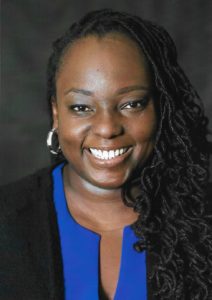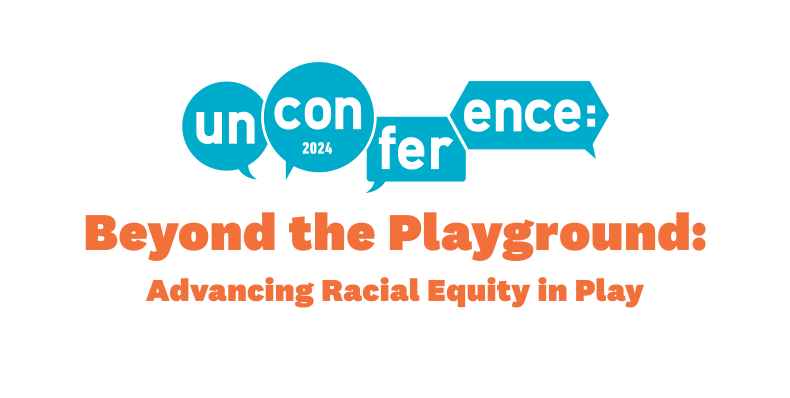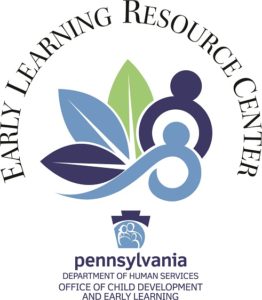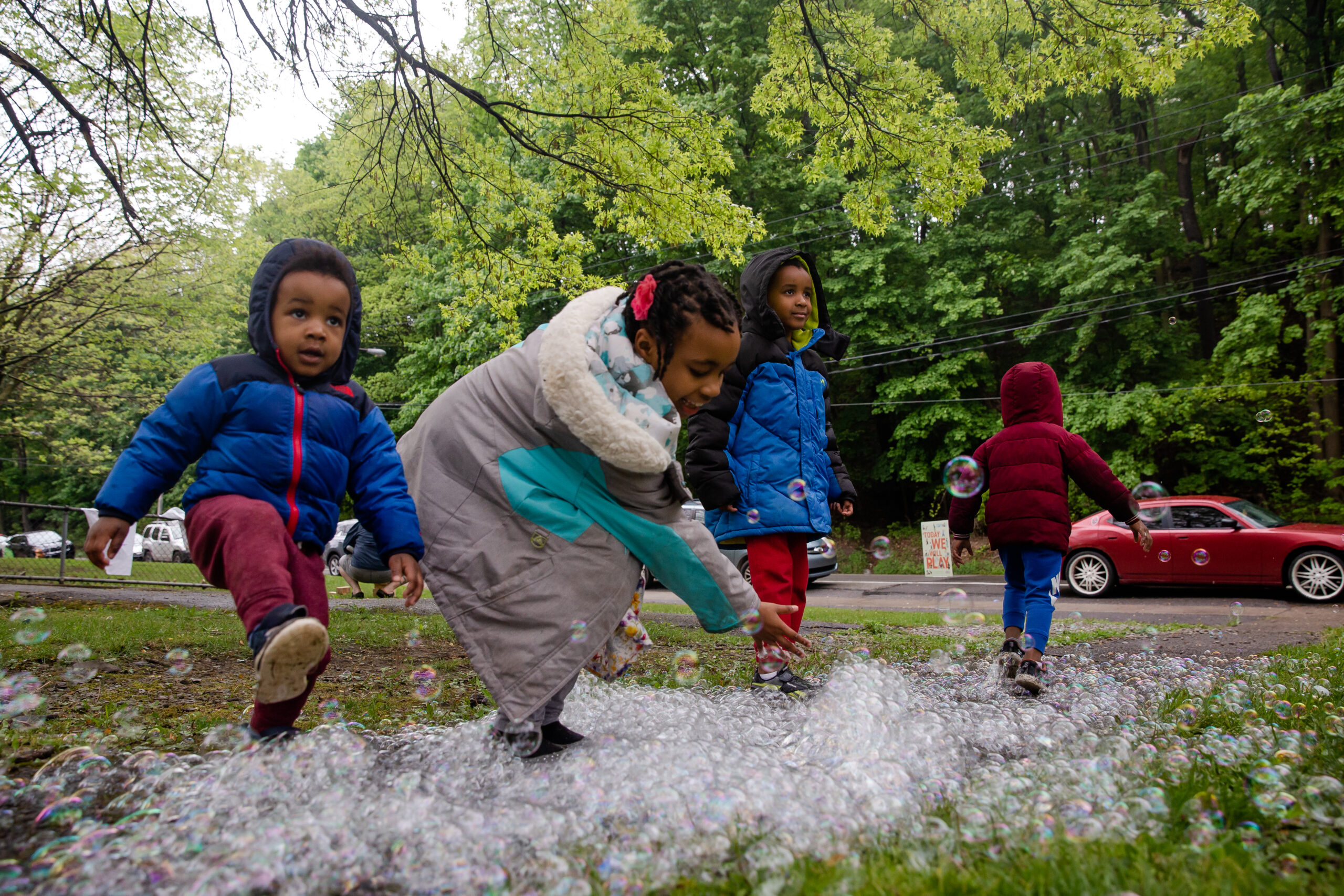Trying Together, in partnership with the P.R.I.D.E. (Positive Racial Identity Development in Early Education) Program, Hatch Partners in Play, and Playful Pittsburgh, hosted UnConference: Beyond the Playground: Advancing Racial Equity in Play on Monday, October 14, 2024, at Phipps Conservatory and Botanical Gardens.
Participants attended expert-led sessions that focused on the value and necessity of play; the benefits of play-based learning; how school and state policy may impact their children’s play experiences; play, race identity, and the arts; and the importance of risky play activities like climbing and balancing.
Details
Monday, October 14, 2024
8 a.m. – 4:30 p.m.
Phipps Conservatory and Botanical Gardens
1 Schenley Drive
Pittsburgh, PA 15213
Free valet parking was available for participants at Phipps Conservatory. Phipps is also accessible via Pittsburgh Regional Transit (PRT) busses and POGOH, Pittsburgh’s bikeshare program.
Some sessions were held outdoors, so participants were recommended to wear layers and comfortable footwear. Some walking was required between sessions.
Tickets for the UnConference cost $25.
Keynote Presentations
Beyond the Playground: Advancing Racial Equity in Play featured two keynote speakers.
Dr. Denisha Jones presented “Play as Liberatory Early Childhood Pedagogy” to attendees in the morning. Participants ended the day with “The Healing Power of Play and Optimism,” by Anthony (Ant) Toombs from the Life is Good Playmaker Project.
Play as Liberatory Early Childhood Pedagogy
Concepts like liberatory, emancipatory, and decolonized pedagogies are often used in the context of working with older students, but rarely are these ideas applied to early childhood educators. In this keynote the need was outlined for early childhood education to center liberation and freedom as necessary to foster whole child development. What does liberation in early years look like? PLAY. By centering play in our pedagogy, relationships, observations, and assessments we create movement against the boundaries that constrain children’s natural development, desire to learn, and our ability to teach. Play as freedom and liberation not only supports whole child development, fosters authentic teaching and learning, but also disrupts racialized oppression that often begins in the early years.
The Healing Power of Play and Optimism
Optimism is powerful. When human beings strengthen their ability to see and focus on the goodness and value in themselves, others, and the world around them, their social, emotional and cognitive superpowers emerge. Optimism, however, is fragile. Chronic stress, fear, and overwhelming adversity can weaken and destroy our capacity for optimism. This inspiring presentation by Ant Toombs, helps Early Childhood Professionals discover the power of optimism to create safe, loving, joyful, and engaging environments where kids can heal, grow, and thrive. Using research, humor, and personal stories from 30+ years of work with kids and their caretakers Ant shared how practicing optimism can bring out the best in ourselves, our colleagues, and our children.
Workshops
There were two rounds of workshop sessions occurring after the keynote. PQAS and Act 48 credit hours were available.
Workshop sessions included:
Playlab: An Approach to Prioritizing Open-Ended Play in the Classroom
SPEAKERS: Dr. Katy Carroll and Jerone Morris
In this session, participants explored the Playlab Framework, which has been implemented in several public school classrooms in the region and beyond. Participants walked away with an understanding that play learning as well as advocacy language and strategies for ensuring that protected time and space is available for children to apply content and skills authentically through play, share their funds of knowledge with their classroom community, express interests, ideas, and identities, and experience agency, flow, and joy.
Parent LAB PLAY DAY
SPEAKER: Ari Brazier
This session is an educational experience inspired by the playful engagement typical of a Parent LAB PLAY DAY. This dialogue-based workshop, facilitated through and between physically interactive play activities, centers on the value and necessity of play, broadly, at the different ages and stages of students in K-5 education. With a special emphasis on the racial and cultural connections formed through play, we provided an overview of core research findings, examples of in-field practice, and constructive brainstorming for participants to begin creating their action plans for introducing more opportunities for play into the lives of their students.
Power of Play: Strategies to Advocate for Playful Learning in Early Childhood
SPEAKER: Trying Together Policy Team
Play is the “work of early childhood” and an avenue for learning at all ages. Children authentically learn cognitive, emotional, physical, and social skills through play. Play is how children make sense of the world around them. Children deserve joyful, playful learning experiences and their mental health and wellbeing depend on it.
This workshop explored play equity and access in schools and communities. Participants gained insight into the current research on the benefits of play-based learning, and they learned how to track school and state policies that may impact their children’s play experiences.
Participants also received access to the forthcoming Play Advocacy Toolkit to support them in their play advocacy beyond the workshop. Participants were asked to share their experiences and ideas around supporting playful learning in early childhood to inform the completed toolkit and worked together to create actionable advocacy takeaways.
Risk & Play
SPEAKERS: Shellie Grooms and Bliss Letang
In this session, we explored the critical role of risky play in early childhood education, highlighting its significance in fostering children’s physical, emotional, and cognitive development. Risky play, which includes activities like climbing, balancing, and exploring new environments, allows children to test their limits, develop problem-solving skills, and build resilience. Through a blend of research-based insights and practical strategies, participants learned how to safely incorporate risky play into their classrooms, create an environment that encourages exploration and risk-taking, and communicate the benefits of such activities to parents and stakeholders. By the end of the session, educators were equipped with the knowledge, tools, and courage to embrace and facilitate risky play in their early childhood spaces.
P.R.I.D.E.ful Play; Race, Identity, and the Arts
SPEAKER: The P.R.I.D.E. Program’s Sheba Gittens and Lakeisha Wolf
According to a 2009 Heinz Endowments report, ALANA (African American, Latine, Asian, Native American) children succeed by using their racial identity and socialization in response to racism and oppression and as a means of knowledge production and self-actualization. The report found that the arts are an ideal way to offer children culturally responsive programming and to engage students’ cultural/racial identity in order to help them gain a wide range of competencies. Join the P.R.I.D.E. Program (Positive Racial Identity Development in Early Education) and their amazing P.R.I.D.E. Artists as they share interactive P.R.I.D.E. themed art activities that will be developmentally appropriate and engaging for early childhood aged children in your classrooms, homes, centers and community-based settings.
What do I receive?
- PQAS and Act 48 credit hours
- Lunch
- Networking with colleagues
- Hands-on, interactive workshop sessions
QUESTIONS?
For questions, please contact Ben Filio at ben@tryingtogether.org.
Keynote Speakers
Dr. Denisha Jones

Dr. Denisha Jones is the Executive Director of Defending the Early Years, a non-profit organization working for a just, equitable, and quality early childhood education for every young child. She is a former kindergarten teacher and preschool director who spent the past 20 years in teacher education. Denisha is an education justice advocate and activist working with various grassroots organizations to dismantle the neoliberal assault on public education. She is a part-time faculty member in the Art of Teaching program at Sarah Lawrence College and the School of Education at Howard University. Since 2017, she served on the steering committee for the national Black Lives Matter at School Week of Action. Her first co-edited book, Black Lives Matter at School: An Uprising for Educational Justice, was published in December 2020 by Haymarket Books.
Anthony (Ant) Toombs Sr.

Anthony (Ant) Toombs Sr. is the Senior Playmaker Guide and Outreach Specialist for The Life is Good Playmaker Project (LiGPP), a nonprofit organization with a mission to spread the power of optimism to help children heal. Throughout his 15 years with LiGPP, Ant has partnered with thousands of early childhood professionals across the United States and Haiti to help create more safe, loving and joyful environments for kids to engage, connect, and explore.
About UnConference

The UnConference is an innovative, hands-on professional development training format where a deeper experience is provided around a particular theme. Local and national speakers are invited to present and participants are encouraged to engage hands-on in the workshops.
The day concludes with a roundtable discussion on how to apply these experiences and ideas in the early childhood environment as well as share ideas on how to partner with new colleagues.
Thank You To Our Sponsors and Partners
A huge thank you to our series sponsor PNC Grow Up Great, sponsor Early Learning Resource Center (ELRC), and our workshop partners.


About Trying Together
Trying Together supports high-quality care and education for young children by providing advocacy, community resources, and professional growth opportunities for the needs and rights of children, their families, and the individuals who interact with them. Trying Together works regionally (in Southwestern Pennsylvania) and takes its expertise and models to statewide and national audiences.

